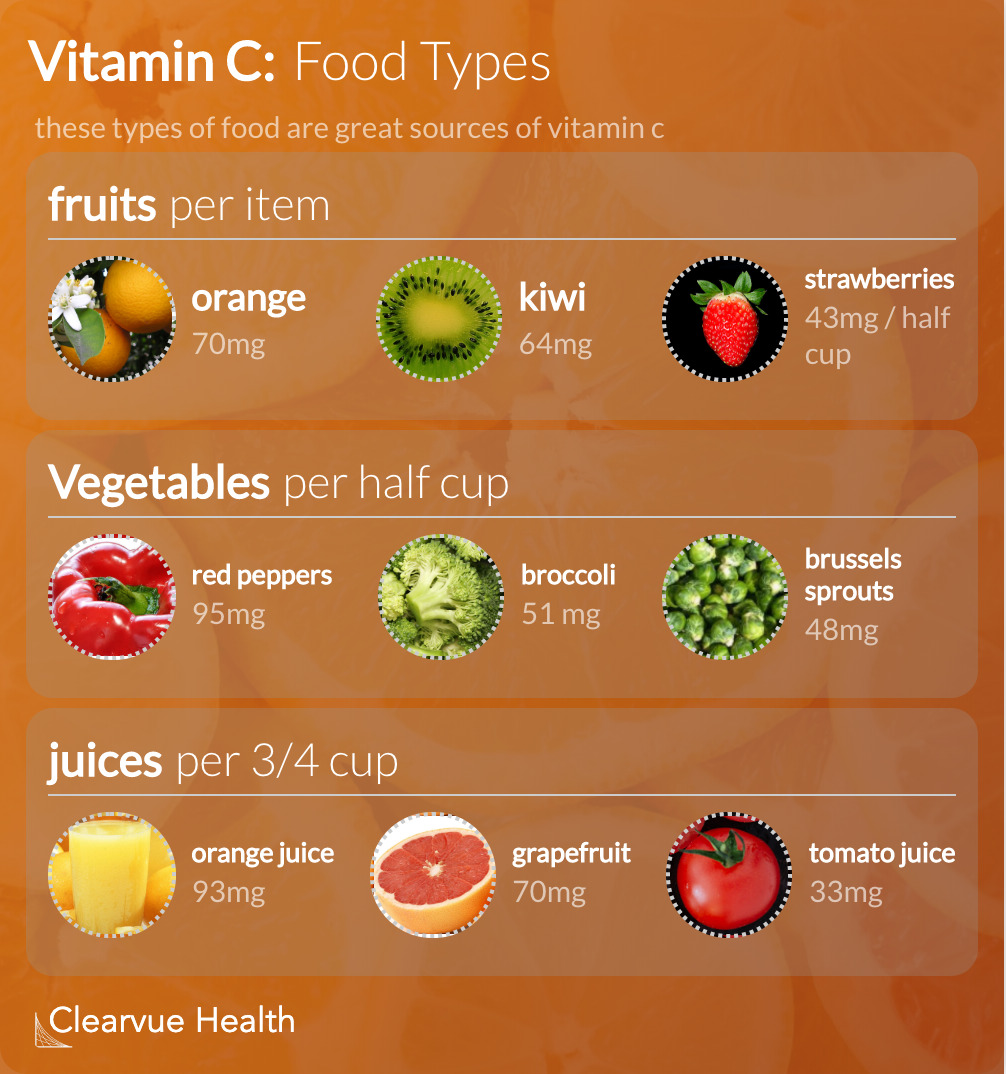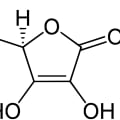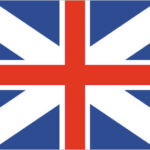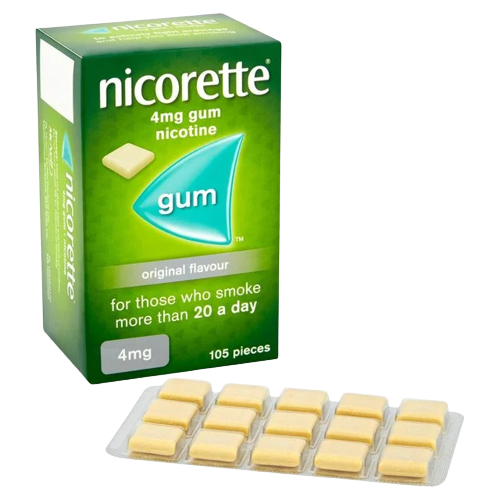TESCO Health 20’s High Strength Vitamin C& Zinc UK Imported In Pakistan
Vitamin C
Vitamin C is a powerful antioxidant that supports the immune system and helps protect cells from oxidative stress. It is crucial for collagen formation, which is essential for skin elasticity, bone strength, and healthy blood vessels.
Zinc
Zinc is an essential mineral that plays a pivotal role in various bodily functions, including immune response, wound healing, and protein synthesis. It is also integral to cell division and DNA synthesis.
Immune System Support
Together, vitamin C and zinc work to boost the immune system and provide antioxidant protection, helping to combat infections and illnesses such as colds and flu.
Description
Vitamin C
Vitamin C is a powerful antioxidant that supports the immune system and helps protect cells from oxidative stress. It is crucial for collagen formation, which is essential for skin elasticity, bone strength, and healthy blood vessels.
Zinc
Zinc is an essential mineral that plays a pivotal role in various bodily functions, including immune response, wound healing, and protein synthesis. It is also integral to cell division and DNA synthesis.
Immune System Support
Together, vitamin C and zinc work to boost the immune system and provide antioxidant protection, helping to combat infections and illnesses such as colds and flu.
Key Benefits of TESCO Health 20’s High Strength Vitamin C & Zinc
- Supports immune system function
- Provides antioxidant protection against oxidative stress
- Promotes collagen formation for healthy skin, bones, and blood vessels
- Helps reduce tiredness and fatigue
Key Ingredients
- Vitamin C
- Zinc
Vitamin C and zinc work together to provide immune support and antioxidant protection. Vitamin C is essential for collagen formation and helps reduce tiredness, while zinc plays a crucial role in various bodily functions like immune response, wound healing, and protein synthesis.
Mechanism of Action of Vitamin C and Zinc
Vitamin C
Vitamin C is a powerful antioxidant that helps protect cells from oxidative stress by scavenging free radicals. It also plays a crucial role in:
- Supporting the immune system by stimulating the production and function of white blood cells
- Enhancing the absorption of non-heme iron, which is important for oxygen transport and energy production
- Promoting collagen synthesis, which is essential for healthy skin, bones, and blood vessels
Zinc
Zinc is an essential mineral that is involved in a wide range of physiological processes:
- Supports immune function by promoting the development and activity of immune cells
- Participates in protein synthesis, cell division, and DNA synthesis, which are crucial for growth and development
- Acts as an antioxidant, helping to neutralize free radicals and protect cells from oxidative damage
- Plays a role in wound healing and tissue repair by facilitating the production of new cells
How Vitamin C Supports the Immune System
Enhances Immune Cell Function
- Vitamin C helps stimulate the production and function of white blood cells, including lymphocytes (T-cells and B-cells) and phagocytes, which are key players in the immune response.
- It protects immune cells from damage by neutralizing free radicals and reducing oxidative stress.
- Vitamin C enhances the ability of neutrophils (a type of white blood cell) to perform their pathogen-killing functions, such as chemotaxis, phagocytosis, and generation of reactive oxygen species.
- It also promotes the apoptosis (programmed cell death) of spent neutrophils, preventing tissue damage from excessive inflammation.
Supports Skin Barrier Function
- Vitamin C is actively transported to the skin, where it acts as an antioxidant and helps strengthen the skin’s defenses against pathogens.
Shortens Infection Recovery Time
- Studies show vitamin C supplementation can shorten the duration and severity of respiratory infections, such as the common cold.
- It may also help reduce recovery time for more serious infections like pneumonia.
The best natural sources of vitamin C are:
Fruits
- Citrus fruits like oranges, grapefruit, lemon, and lime
- Kiwifruit
- Strawberries
- Papaya
- Guava
- Cantaloupe


Vegetables
- Red and green peppers
- Broccoli
- Brussels sprouts
- Tomatoes and tomato juice
- Cauliflower
- Potatoes
- Leafy greens like kale and cabbage
 Vitamin CWater-soluble vitamin important for tissue repair and immune functionMoreOther Namesl-ascorbic acid, ascorbic acid, ascorbateSourcesFound in citrus fruits, berries, vegetables, and dietary supplementsFunctionInvolved in tissue repair, collagen formation, enzymatic production of neurotransmitters, immune system function, and acts as an antioxidant
Vitamin CWater-soluble vitamin important for tissue repair and immune functionMoreOther Namesl-ascorbic acid, ascorbic acid, ascorbateSourcesFound in citrus fruits, berries, vegetables, and dietary supplementsFunctionInvolved in tissue repair, collagen formation, enzymatic production of neurotransmitters, immune system function, and acts as an antioxidantAscorbic acid, also known as vitamin C, has the chemical structure C6H8O6. The key features of its structure are:
- It is a white, crystalline solid that is water-soluble
- It contains a furan ring with a lactone group
- It has two chiral centers, making it a stereoisomer
- It has an enediol group adjacent to the carbonyl, which increases its acidity
- The deprotonated form is the ascorbate anion, which is resonance-stabilized
The IUPAC name is (5R)-5-[(1S)-1,2-dihydroxyethyl]-3,4-dihydroxy-2(5H)-furanone. The molecular structure can be represented as:
HO
|
C=C
/ \
/ \
C C
| |
H O
\ /
\ /
C=O
|
CH
|
CH2OH


Precautions
- Do not use if the seal is broken or tampered with. This ensures the product’s integrity and safety.
- If you are under medical supervision or have any health conditions, it is recommended to seek advice from your healthcare professional before using this supplement.
- Dietary supplements should not be used as a substitute for a varied and balanced diet. They are intended to complement a healthy lifestyle.
- Keep the product out of the reach and sight of young children to prevent accidental ingestion.
Use During Pregnancy and Breastfeeding
The search results do not specifically address the use of this Vitamin C and Zinc supplement during pregnancy and breastfeeding. However, the following general guidance can be inferred:
- Pregnant women should not take this supplement without first consulting their healthcare provider . Some vitamin and mineral supplements may not be suitable or may require specific dosing during pregnancy.
- Breastfeeding women should also seek advice from their doctor before using this product . The safety and appropriate dosage for breastfeeding mothers has not been clearly established in the search results provided.
- As a general precaution, dietary supplements should not be used as a substitute for a varied and balanced diet, especially for pregnant or breastfeeding women who have increased nutritional needs .
Dietary Restrictions and Zinc Intake
- Most people can meet the RDA for zinc through diet alone, but those following restrictive diets may have difficulty doing so.
- Vegans and vegetarians may have trouble meeting their zinc needs through diet due to the lower bioavailability of zinc from plant-based sources.
- Animal products like meat and shellfish are the richest sources of zinc in a form that is easily absorbed by the body.
Dietary Restrictions and Vitamin C Intake
- Eating a varied diet with plenty of fresh fruits and vegetables is the best way to get adequate vitamin C.
- However, cooking can reduce the vitamin C content in foods, so supplements may be beneficial for optimal intake.
- Vitamin C is found in a wide variety of fruits and vegetables, especially citrus fruits, peppers, strawberries, broccoli, and brussels sprouts.
Supplementation for Those with Dietary Restrictions
- Vitamin C and zinc supplements can be a convenient way to ensure adequate intake, especially for those with dietary restrictions.
- Supplements provide the same vitamins and minerals as food sources, and the body utilizes them in the same way.
- Caution is advised with high-dose zinc supplements, as excessive intake can lead to negative side effects and nutrient imbalances.








Reviews
There are no reviews yet.